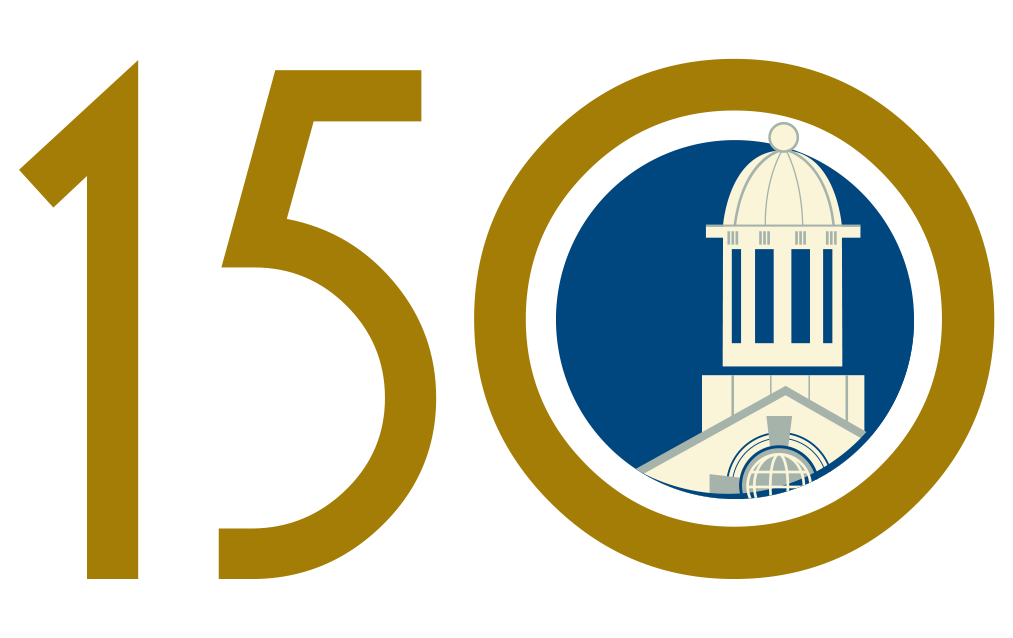Why doesn't Memorial Hall Library "filter" its computers?
- Memorial Hall Library is a main source of information for the people and libraries that use our resources and services. Filters, as they now exist, would compromise that main mission because in addition to blocking access to undesirable images, they block access to information that is constitutionally protected.
- Filters are commercial products sold by vendors. The library would have little control over what the vendors decide to block or not to block.
- While some federal technology grant funds may be denied libraries that chose not to filter, the vast majority of public libraries have still chosen not to filter. This decision is both philosophical and financial. For MHL, filtering would cost us far more than we stand to lose in federal funds. Our local and state funding is not affected by the decision not to filter. Our network (MVLC) has also voted not to filter.
- Determining just who is an adult and legally entitled to have the filter turned off, and who is not, raises issues of our patron's privacy. Most of our patron records do not contain this information.
What does the library do to protect the safety of children?
- Library staff enforces the library's Internet policy which is designed to protect the rights of all library users, while denying the use of computers to those who use these resources illegally, or who use them in a way that is offensive to other library users.
- The library has policies in place to help children and parents use the library in a safe way. The library does not allow adults to use the Children's Room computers unless they are with their child. The library requires that all children under the age of eight be accompanied by an adult while in the library. The library reserves the Teen Room for those people of middle and high school age between the hours of 3 and 9 PM. In addition, all library staff pay close attention to activity in the building, and intervene, when necessary, to maintain a safe environment.
- The library staff offers instruction on the use of the Internet, and the library provides access to paid periodical and other informational databases to assist students in finding information to complete their homework.
What can parents do to help their children use the Internet safely and successfully?
- Take an active interest in your child's use of the Internet. Find out what he or she is using the Internet for and accompany your child to the library.
- Set limits on your child's use of the Internet, both in terms of the amount of time they spend online, and on what they are doing when they are online.
- Educate your child about the dangers of corresponding with strangers over the Internet. Tell them never to agree to meet anyone whom they "meet" online, using email or instant messaging.
- Filters are not an effective substitute for the influence of a parent. Parental involvement is the key to knowing what children are doing online.
- The following online resource will help parents find information about how to keep their children safe while using the Internet: National Center for Exploited and Missing Children
Approved: Board of Library Trustees, November 12, 2003
